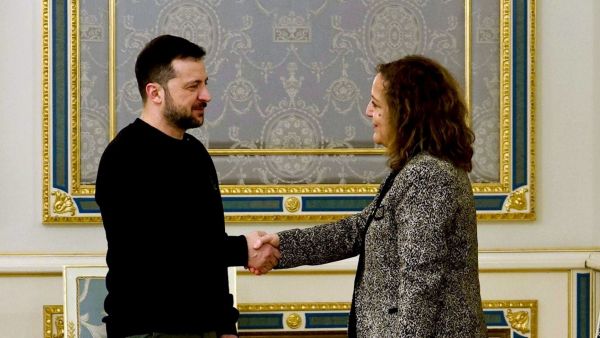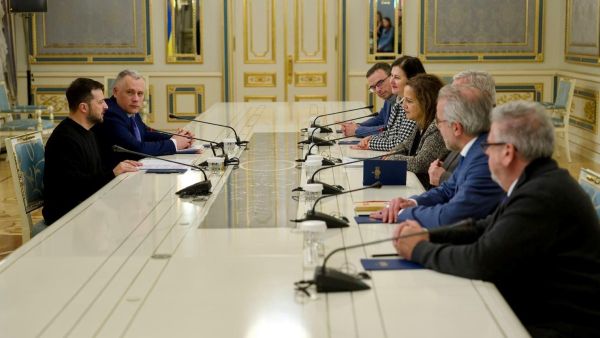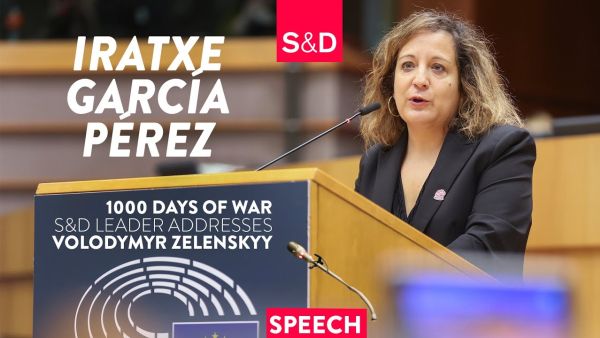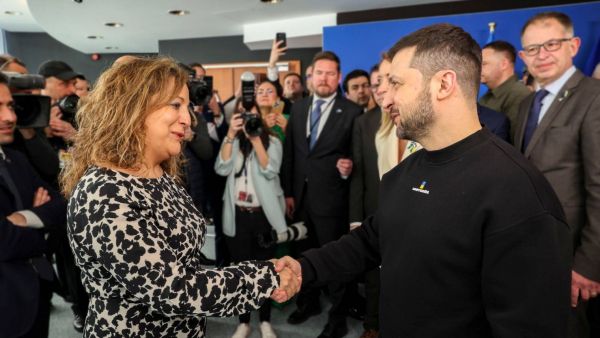The announcement of charges against the leader of the opposition in the Former Yugoslav Republic of Macedonia appears to represent a dangerous failure of democracy in the country and to have prejudiced the independence of the judiciary, warn the Socialists and Democrats (S&D) Group in the European Parliament.
“The solution to the current political crisis, which follows accusations of illegal surveillance, should be found in the parliament as much as in the courts,” said Richard Howitt MEP, S&D shadow rapporteur for the country's accession, during two days of talks in the capital, Skopje.
The S&D member of the European Parliament is accompanying a delegation from socialist and social-democrat parties to demonstrate their concern at apparent infringements of the rights and liberties of the country's opposition party, SDSM (the Social-democratic Union of Macedonia) — a member party of the Party of European Socialists.
The country's prime minister, Nikola Gruevski, personally announced espionage charges against SDSM opposition leader Zoran Zaev. Zaev has started to release surveillance tapes that he alleges have been leaked to him, which have been labelled 'the bomb' and which SDSM claim show criminality in the government.
Speaking at a press conference in Skopje tonight (Wednesday 25 February), the full statement from Richard Howitt MEP, who is also S&D co-ordinator on the European Parliament's foreign affairs committee, is as follows:
"This is a time when the whole of Europe is worried about its future security, about the sanctity of national borders and about the reliability of security guarantees.
"It is also a time when a nationalist minority party has entered into the coalition in Athens which does raise concerns in relation to resolving the name issue.
"This is a time when your country needs friends internationally and when the consequences of failure of the Euro-Atlantic perspective appear to be even more dangerous.
"Yet the events of the past weeks here in Skopje appear from the outside with respect to both sides, to be irresponsible, to reflect a failure of democracy and themselves to add to the danger.
"When the word 'bomb' is used, I think of a different type of bomb, one that we do not want to see return to this country or this region.
"I won't and, as yet, Europe hasn't commented on the substance of the allegations being made.
"Our own commitment to the independence of judicial processes imposes that discipline upon us, the same discipline we expect from all democratic politicians anywhere.
"A discipline that appears to have been prejudiced.
"Europe or other international actors cannot find ourselves drawn into a spiral of allegations and counter-allegations, which can only undermine public trust in this country, let alone abroad.
"But make no mistake, if allegations of criminality are proven, the political implications are not just within the country, but will very much affect this country's external interests too.
"Personal accusations of illegality made against a prime minister or a leader of the opposition and those who work for them, do question the credibility of democratic progress in a country.
"No individual can be above the law, but no individual can be above the exercise of the law either.
"I repeat my appeal for allegations on all sides to be made public and to be able to be freely reported.
"I promise in our talks this week, we will exercise our own responsibility to promote co-operation not confrontation.
"We express our own respect for principles of democracy for this country and reiterate our message to people in the country in favour of our common European future.
"There is no resolution of these problems which can or should be imposed from outside. I do not want to raise expectations now that the agreement of 1 March 2013 can be easily replicated. Indeed if external intervention is required to help resolve internal political differences, this can only undermine the capacity for this or any country's internal political institutions to themselves be able to do so, now and in the future.
"The solution must lie in Skopje not in Brussels. And the solution here must lie in political dialogue.
"Ultimately this country's future is dependent on a fully functioning democracy, where government and opposition each respect the other and — together — each respects the rule of law.”
Related content
Find out more








